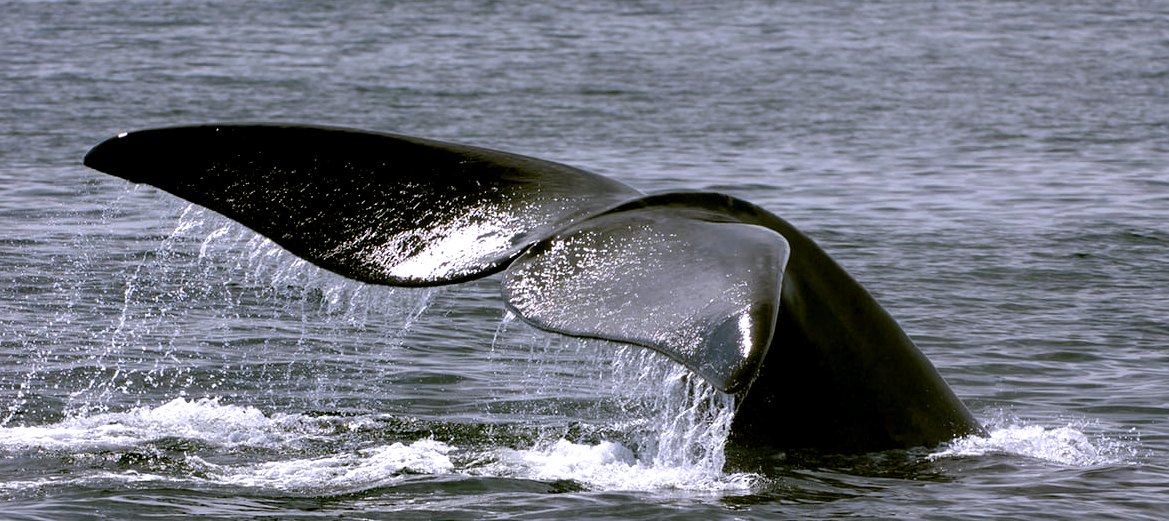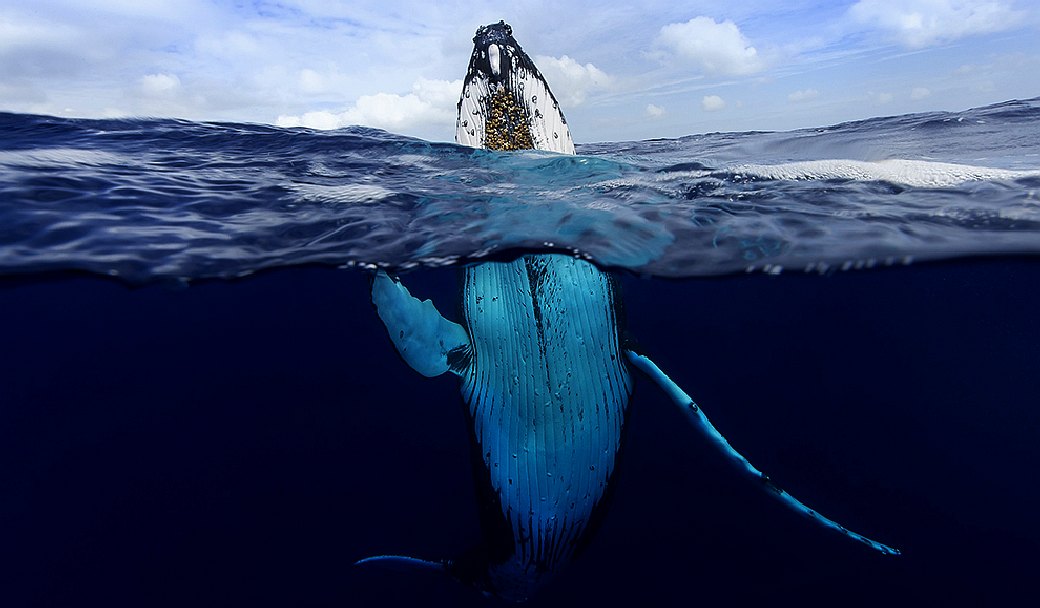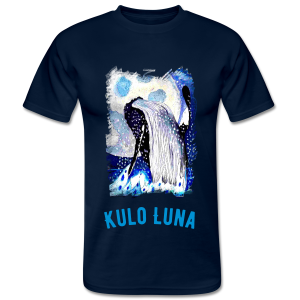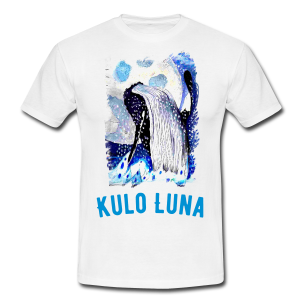|
9. REWRITING & EDITING ABOUT - AGENTS - CHAPTERS - CHARACTERS - CONTACTS - DONATE - FOUNDATION - FUNDING - HOME - SCRIPTING - A-Z INDEX
KULO LUNA - Grace and beauty, these giant fins propel the whale at considerable speed over thousands of miles from feeding to breeding grounds. Whales are just as much at risk from toxic plastic waste in our oceans as humans from eating marine produce. The only difference is that the whales did not put it there. It is not their fault. It is our fault and the fault of our governments for allowing it to be dumped at sea. Most governments are doing nothing about removing it from the sea. They are content to limit plastic production on land - as per the Agreement of the G20 at Hamburg in 2017.
If you think that our heads of state should be doing more, please support us in any way that you can to make Kulo Luna a lasting message for those elected to represent us, to actually carry out the wished of the people.
These pages are all about developing the Kulo Luna adventure story. If you are new to the industry, you will find out that it takes a lot of hard work and dedication to climb this mountain. Hats off to those who mastered the art. For those of you just starting out these tips should help ease the pain.
TIPS FOR WRITING A WINNER
1.
Developing
the idea
9. Editing yourself
But this is also the dangerous moment – where you must slam on the brakes, step back from something you have inevitably got
close to, and be deliberately hard on yourself.
First, reserve a quiet undisturbed space and read it through at pace, without stopping to take copious notes. Read it like someone else might read it, in one go. Ask yourself honestly what you think, does it work, what and where are the problems, is it clear, does it say what you wanted it to say, is it clearly the thing you set out to write (and if not, does that matter?)
Second, put
the script away again for at least another day, before you sit down and start digging down into making notes on scenes and lines on the page.
Don’t presume that what you have written is genius.
It might be to you. But great writers tend to presume the worst so that they can make it even better. Not so great writers can tend to presume what they’ve written is brilliant and resist any attempt to develop it. You should always be trying to make the script better. By which we mean a better version, since all stories are told from a perspective.
When is it finished?
How finished does it need to be?
This might be curtailed by targets. No script is finished until it’s made – and great stories can go on to have further lives in other mediums. Your script just needs to be ready to be read. Ready to speak your voice, set out your stall, show what you can do. If you’re lucky enough to have someone pay you to rewrite it for them, then you can rethink what finished really
means - and put in or take out what you were thinking as
improvements.
No-one in the industry wants to see first drafts from writers who haven’t made up their minds about what they’re doing, They want to see the
best developed script you think you can write. And they want to see what’s different and unique about what you can do.
LINKS & REFERENCE
https://
KULO LUNA - Is the story of a giant humpback whale and her young friend Kana who is killed by pirate whalers in the south pacific ocean. Enraged by the death of Kana, Kulo attacks the pirate ship, finally sinking it, but getting herself wounded in the process.
On hearing of the sinking of one of their suppliers, a Japanese cartel put a $multi-million dollar bounty on her head, when another whaling ship gives chase. Before not too long the media hear of the hunt and betting begins all around the world. At this point our hero, John Storm, abandons a solar boat race to try and help the whale where his boat, the Elizabeth Swan, is not far away from the last sighting.
John rescues Kulo from being eaten by sharks, but that is just the beginning of their adventure, as the pirates whalers close in for the kill........ Copyright book cover design © Jameson Hunter Ltd. All rights reserved. The Kulo Luna story is the subject of an exclusive license to the Foundation, expressly for the purposes of raising ocean awareness and helping to fund research into ways of beating ocean waste.
MARINE LIFE - This humpback whale is one example of a magnificent animal that is at the mercy of human activity. Humans are for the most part unaware of the harm their fast-lane lifestyles are causing. We aim to change that by doing all we can to promote ocean literacy. The Kulo Luna story is one of our initiatives to promote ocean issues.
MERCHANDISE - These cool T-shirts will be available when the story is released, to help raise ocean awareness. Copyright book clothing design © Cleaner Ocean Foundation November 30 2018. All rights reserved.
ABOUT - AGENTS - CHAPTERS - CHARACTERS - CONTACTS - DONATE - FOUNDATION - FUNDING - HOME - SCRIPTING - A-Z INDEX
This website is provided on a free basis as a public information service. Copyright © Cleaner Oceans Foundation Ltd (COFL) (Company No: 4674774) 2018. Solar Studios, BN271RF, United Kingdom. COFL is a charity without share capital.
|



